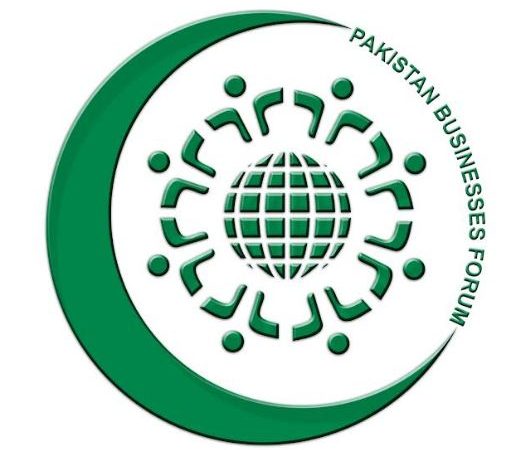PBF says country’s economy is in a tailspin woes don’t seem to go away soon

DNA
Lahore: For a number of years, Pakistan’s cash-strapped economy has been in free fall, putting enormous pressure on the poor through unchecked inflation and making it nearly impossible for many people to make ends meet. According to Pakistan Business Forum (PBF), their problems got a lot worse after the devastating floods that occurred last year. These floods killed more than 1,700 people and caused a lot of economic damage.
Ahmad Jawad, vice president of the PBF, stated that the system is now becoming unbalanced and that Pakistan’s economy is in a tailspin, going from a crisis to a catastrophe.
Rather than fixing economy Pak lawmakers entangled in a back-and-forth whose going to be govern the country.
In a similar vein, Ahmad Jawad drew attention to the fact that exports are decreasing and that national economic policymaking lacks direction at a time when the nation must take drastic measures to encourage economic growth and alleviate the suffering of ordinary people as well as businesspeople.
There is no consultative process between the business community and the government, and the team of economic managers lacks direction.
He added, “Until the International Monetary Fund (IMF) deal is revived, there is an unprecedented long wait.”
Jawad reiterated the PBF’s position and emphasized that Pakistan’s trade with regional countries has never taken off, and it now appears to be in the opposite direction, in comparison to the majority of the world’s major economies, which account for more than 70% of regional trade.
Jawad made the following observation: “Despite a dire need, the government has not been able to effectively compress imports and is playing hide and seek with the IMF.” “Whereas 75% of our imports are inelastic and cannot be substituted, last year’s import numbers give a picture of how limited our ability to curb imports is without denting the economy,” he stated.
Oil and mineral fuels accounted for $17.1 billion, or 28.4% of all imports, according to data.
In addition, imports of electrical machinery and equipment totaled $4.3 billion, or 7.2%, and imports of machinery and computers totaled $6.3 billion, or 10.4%.
Other imports included $3.7 billion, or 6.1%, of iron and steel, $2.8 billion, or 4.6%, of organic chemicals, $2.6 billion, or 4.3%, of vehicles, $2.5 billion, or 4.1%, of plastics and plastic articles, and $2.1 billion, or 3.5%, of animal and vegetable fats, oils, and waxes.
He stated, “Our exports are also inelastic.” Indeed, even a depreciation of Rs100 in a short term did not result in any growth in exports.
The PBF lamented that “we do not have a quality exportable surplus” and emphasized that growth in exports is next to impossible given the lack of value addition, high capital costs, prohibitive business costs, and low productivity and efficiency.
This has been made worse by restrictions on imported raw materials like cotton, which has become scarce since the 2022 floods.
Similarly PBF also requested that the political tensions must be reduced, stability must be promoted, and a more peaceful setting for negotiations and conflict resolution must be created.
We really want a time of quiet and steadiness to consider financial recuperation and to resolve hidden policy centered issues; Jawad added.
Related News

Honour killing victim woman shot 7 times, man 9: Post-mortem
Quetta, JUL 21: The bodies of the victims of the alleged honour killing in theRead More

President confers Nishan-e-Imtiaz on Saudi Naval Chief
Saifullah Ansar ISLAMABAD, JUL 21 /DNA/ – President Asif Ali Zardari conferred the award ofRead More


Comments are Closed